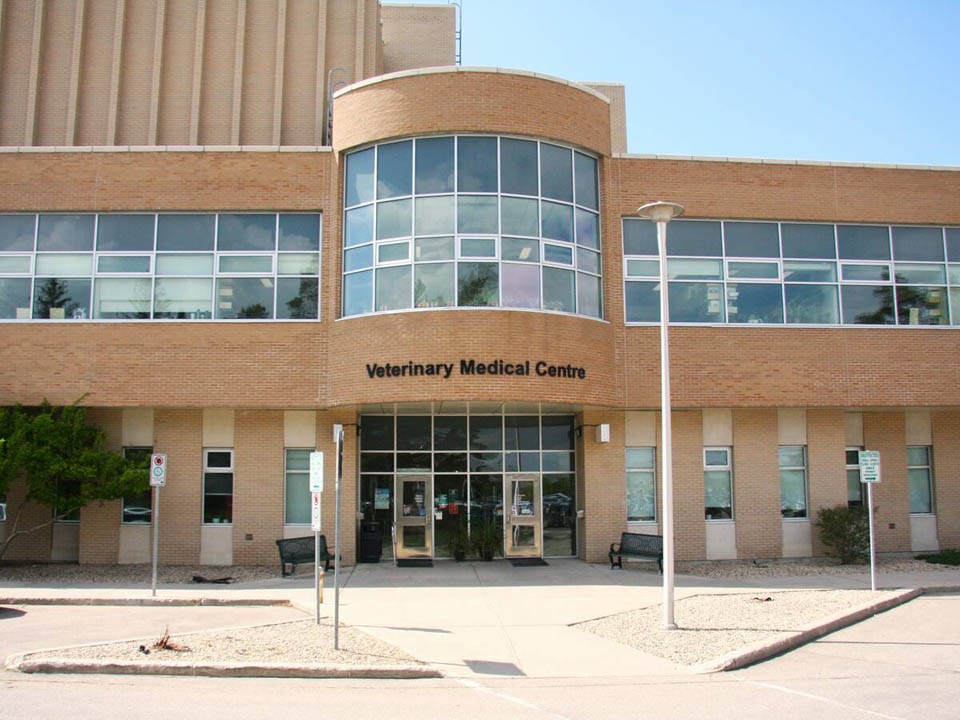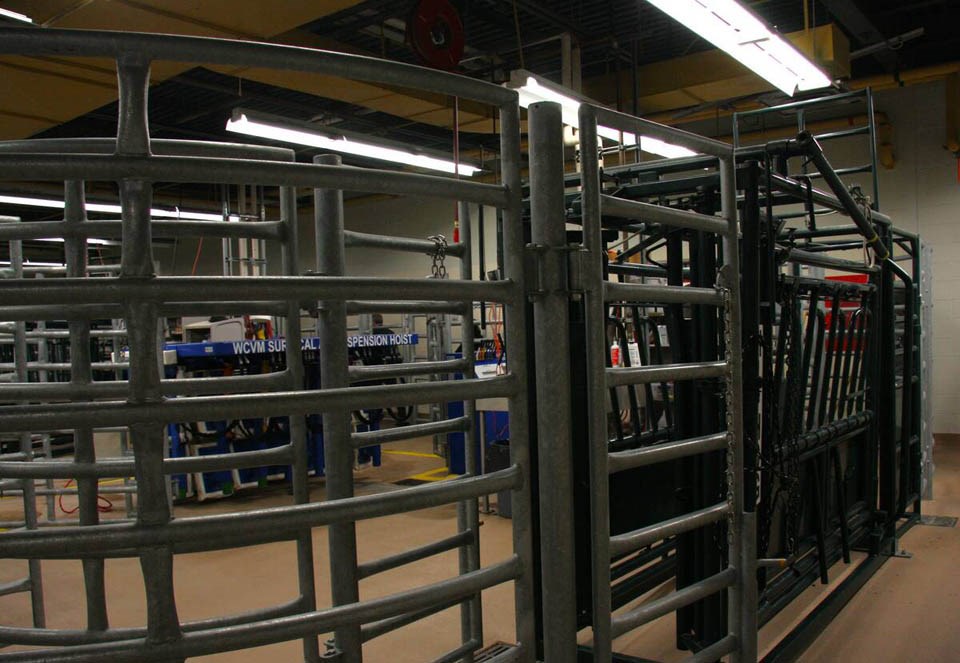SASKATOON — Saskatchewan students who want to study veterinary medicine now have an increased chance of being admitted to the University of Saskatchewan’s Western College of Veterinary Medicine.
The recent renewal of the WCVM Interprovincial Agreement was announced May 22, and the updated agreement secures 25 seats for Saskatchewan students, with five being dedicated to large animal and rural practices. This is an increase from the previous agreement, in which Saskatchewan had 20 seats and no dedication to large animals.
The college has the capacity to admit 88 students per year. The other 63 seats are divided among British Columbia and Manitoba students, as per the interprovincial agreement, with B.C. allotted 40 seats and Manitoba 20.
Of the remaining three seats, one is available to the Canadian territories and two are guaranteed for Indigenous students as part of education equity.
“This renewed agreement helps ensure the college can continue delivering critical veterinary medicine programming and research that addresses the needs of each province,” Ken Cheveldayoff, Saskatchewan’s minister of advanced education, said at the announcement.
“It enables our future veterinary professionals to recognize and understand issues facing pet owners and livestock, fowl and fishery producers.”
The agreement is a collaboration between the college and the governments of B.C., Manitoba and Saskatchewan.
It’s been in place for 60 years since the college was established and is renewed every five years.
The new agreement term is from 2025-30 and provides the college with $194 million for its operations, programming, research and clinical services.
The Saskatchewan government is contributing $14 million for 2025-26 and Manitoba $8.3 million.
Within the agreement, provinces specify student admission priorities to align with their specific labour market needs.
“We have new admission streams for all three provinces,” said WCVM dean Gillian Muir.
“Which incorporates an admission stream for agriculture focused students — that is, students who are interested and have experience in food animal medicine.”
Muir said 80 per cent of WCVM graduates stay and work in Western Canada, and the college’s goal is to maintain that level by selecting students who want to return to their home province in Western Canada.
Under the new agreement, only Canadian residents will be admitted to the college.
The previous 2020-25 agreement allocated 10 seats for international students and 20 for general western Canadian students, on top of the 20 for Saskatchewan, 15 for Manitoba, 20 for B.C., one for the territories and two for education equity.
Saskatchewan agriculture minister Daryl Harrison said the increase of seats allotted to his province and dedication to large animal and rural practices are an important step in addressing agricultural needs.
The provincial government recognizes the high demand for veterinary services, particularly in rural and remote areas, and is trying to address it, he added.
“There’s always demand for rural vets in general, but (especially) large animal vets and mixed practices,” said Harrison.
Right now, the demand is outweighing our ability to get them out the door.”
Cheveldayoff said that when he was visiting northeastern Saskatchewan, he repeatedly heard about the high need for rural animal practices. He hopes that the seat dedication will help address the need.
“When I go out to rural Saskatchewan, they talk about the need for large animal veterinarians across the province,” Cheveldayoff said.
“So, we’re hoping to meet that need going forward, but we’ll continue to monitor it. And if we need more seats, we’ll look at that as well.”
Muir said the college is talking about expansion and how it could be done because the building is at maximum capacity with no additional space available
It is considering the feasibility of such an expansion, the need for infrastructure changes and the shift in operating costs.
“The demand’s increasing,” she said.
“We really do want to train more veterinarians, and here at the college, we’re working very, very hard to determine what it is that we need to expand our class size.”
Harrison said he is happy to see the changes to the agreement because the age trend among veterinarians has been similar to that of farmers.

The new agreement with Saskatchewan, Manitoba and British Columbia provides the Western College of Veterinary Medicine at the University of Saskatchewan with $194 million for its operations, programming, research and clinical services. | Photo by Janelle Rudolph
“We need to see an infusion of some young talent.”
It also builds on the provincial government’s Saskatchewan Student Loan Forgiveness program for veterinarians and veterinary technologists. Under this program, if a recent graduate chooses to stay in the province and practice in a rural or remote community or provides livestock services, up to $20,000 of a student’s loan will be forgiven over a five year period.
Manitoba and B.C. took a similar approach, with Manitoba also dedicating five seats to rural and large animal practices.
“Farmers navigating animal health issues such as avian influenza rely on the expertise of veterinarians as a necessary part of ensuring the health of livestock,” provincial agriculture minister Ron Kostyshyn said in a news release.
“High standards of health in veterinary medicine are key not just for the safety of animals, but for our economy as well.
WCVM is the only Canadian veterinary medicine school that has seats for Manitoba residents, and the agreement ensures continuous graduates for Manitoba communities. In addition to the seats, the Manitoba government sponsors summer employment and training opportunities for vets.
“Vets play an essential role in safeguarding the public health, supporting our livestock sector and ensuring the well-being of companion animals,” said Kostyshyn.
B.C. has been allotted the highest number of seats because the number is based on population size and growth.
“(This agreement) ensures that B.C. rural and urban communities continue to have access to skilled professionals who play a crucial role in animal health, food security and public well-being,” Anne Kang, B.C.’s minister of post-secondary education and future skills, said in a video message.
About the author
Related Coverage
AgraCity says it is unable to fill orders
Supply management bill goes straight to Senate
Pulse sector fights anti-green trend
Life’s transitions can be challenging but rewarding
Farmer happy with carbon accreditation system
Good global green lentil production expected this year

